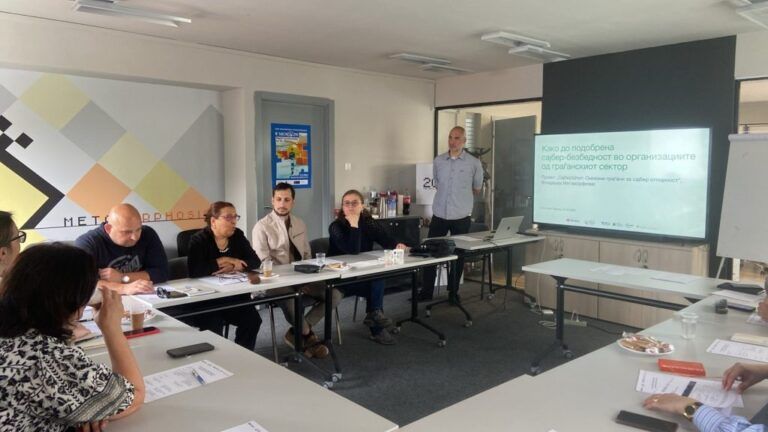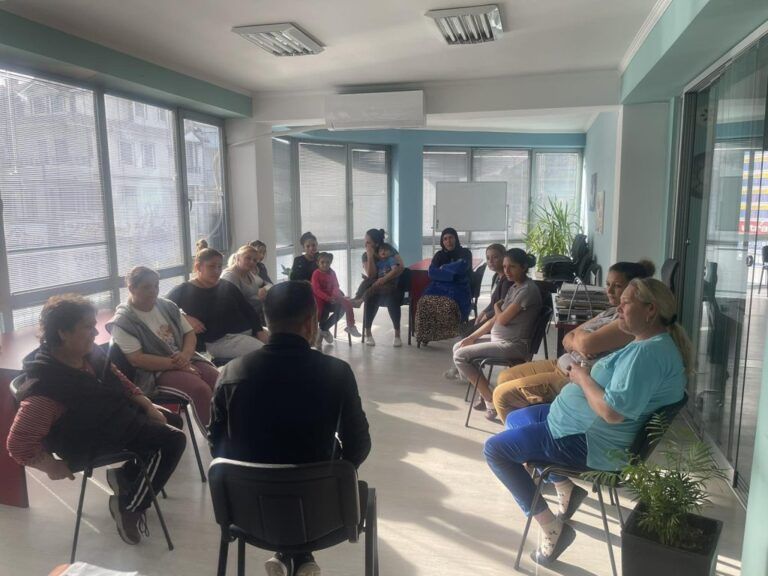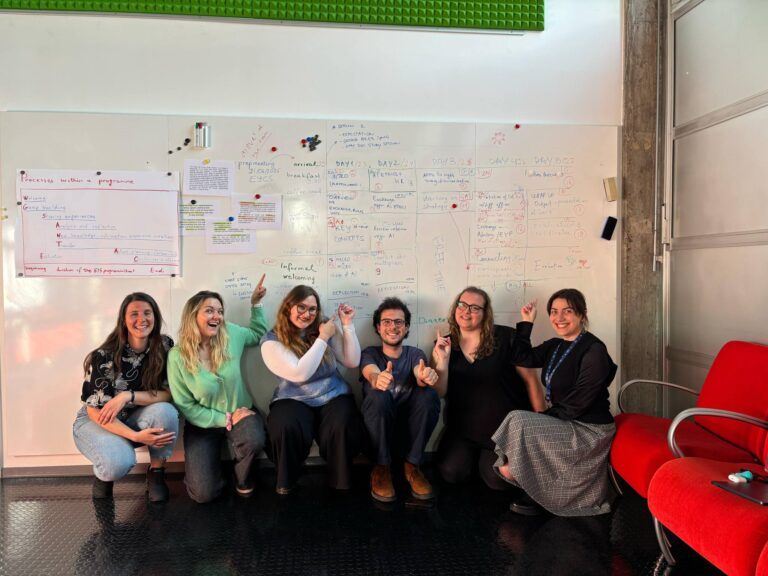First Meeting of the National Consultative Mechanism for the Reform Agenda (NCM-RA)
The implementation of the Reform Agenda in North Macedonia requires an inclusive approach and input from all relevant stakeholders to ensure its successful implementation. To this end, the European Policy Institute – EPI, in cooperation with the Ministry for European Affairs, on May 19, organized the First Meeting of the National Consultative Mechanism for the Reform Agenda 2024-2027–a new national platform that enables a structured, transparent, and inclusive evidence-based dialogue between state institutions, civil society organizations, chambers of commerce, academia, and other relevant factors for the implementation and monitoring of the Reform Agenda within the framework of the EU Growth Plan for the Western Balkans.
Mila Josifovska Danilovska and Marijana Jancheska-Ugarkovikj, from the Metamorphosis Foundation, participated in the meeting. Jancheska-Ugarkovikj presented the findings of the Metamorphosis research on the progress made so far in the field of digitalization, as a key area in the Reform Agenda. The research presents the results from 2025 divided into key sub-areas of digitalization: digitalization and cybersecurity, as well as the planned activities for 2026 and 2027.
Jancheska-Ugarkovikj, in addition to presenting the achievements, shared with the attendees the recommendations that emerged from the public policy document. Greater inclusiveness is needed, especially in digital accessibility for people with disabilities, in accordance with the National Strategy 2023–2030. Furthermore, the involvement of civil society organizations and experts in all phases of the envisaged reforms should be strengthened–from design to evaluation, while transparency and timely communication should also be ensured when creating regulations. In order to implement the commitments of the Reform Agenda in depth, it is necessary to invest in training and technical support for the administration for efficient implementation, as well as to adapt laws to the local context, instead of mechanically adopting European regulations. At the same time, digital literacy should be actively encouraged among all categories of citizens.
Digitalization is not just a technical tool–it is a prerequisite for efficient, transparent, and accountable administration. As the Metamorphosis Foundation, we remain committed to following the process and contributing to reforms that will be in the interest of all citizens.








![[aggregator] downloaded image for imported item #37176](https://civicamobilitas.mk/wp-content/uploads/2025/05/1-den1-1024x768-1-768x576.jpg)


